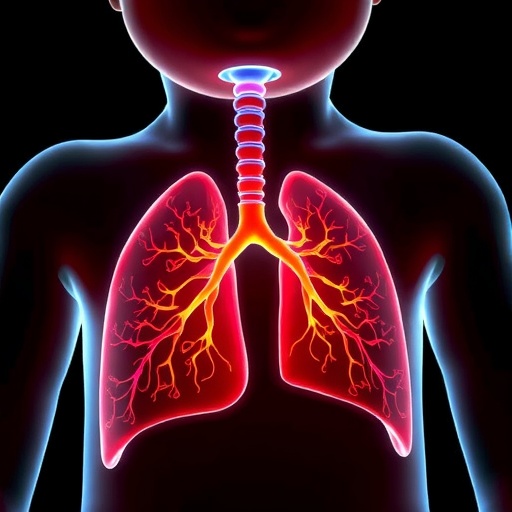Early Signs and Symptoms of Multiple Sclerosis

Nearly 1 million people in the United States live with multiple sclerosis (MS). MS is a chronic autoimmune disease of the central nervous system, which includes the brain, spinal cord and optic nerves).
MS causes inflammation and damage to the nervous system, which disrupts the flow of information within the brain and between the brain and body. Depending on where the inflammation and damage occurs, MS can affect different areas of your body and lead to different symptoms. Currently there is no known cause of MS, but scientists believe genetics, infectious disease and environmental triggers may play a role.
Early signs of MS
When it comes to the first signs of MS, there is no set pattern that applies to everyone. However, for many people, a common, obvious first sign of MS is vision issues. Three vision disorders that typically occur with MS include:
- Optic neuritis: Inflammation in the optic nerve that typically occurs in just one eye, causing aching pain, blurred vision, dim vision or loss of color vision.
- Diplopia (double vision): When the nerves controlling eye movement become inflamed or damaged causing muscles on one side of the eye to become weakened, resulting in double vision.
- Nystagmus: The involuntary and uncontrolled rapid movement of eyes which impairs vision.
Although these vision issues can be frightening, with treatment, your prognosis for recovery is good.
Numbness (the lost, diminished or changed sensation in your body) and tingling are other common first signs of MS. Numbness can occur in your face, body or arms and legs and in many cases, numbness comes and goes, and is not disabling.
Common symptoms of MS
Symptoms of MS vary from person to person and can be unpredictable. Some individuals may experience a single symptom for 24 hours and then never again, while another person might have symptoms that get progressively worse over time. But some of the more common symptoms of MS include:
- Bladder dysfunction
- Fatigue (one of the most prominent symptoms of MS)
- Spasticity
- Vertigo and dizziness
- Bowel dysfunction
- Weakness
Less common symptoms of MS
In addition to the more common symptoms, MS can also manifest with less common symptoms. These may include:
- Difficulty breathing
- Loss of taste
- Hearing loss
- Speech issues
These less common symptoms of MS can vary widely in severity and frequency. They may not always be immediately recognized as being related to the condition. So, it’s important to communicate all symptoms, even if they seem unrelated, to your health care provider for proper evaluation and management.
When to see your doctor
If you are experiencing symptoms associated with MS that are out of the ordinary and last more than a few days, you may want to make an appointment with your primary care provider (PCP). Your PCP will discuss your symptoms with you, help ease worry and be able to refer you to a neurologist if needed. Early detection and intervention can help in managing the disease more effectively and improving long-term outcomes.
This blog was medically reviewed by a MercyOne provider.
link





